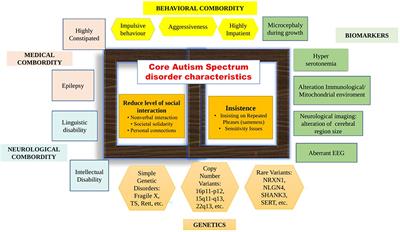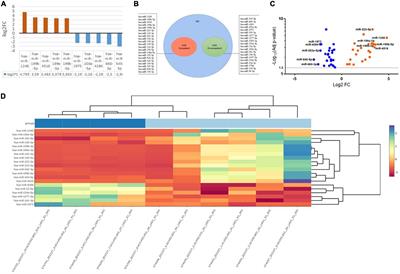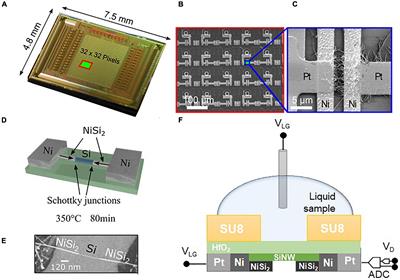EDITORIAL
Published on 28 Feb 2023
Editorial: Saliva used as biological fluid to detect neurodegenerative and neurodevelopmental diseases
doi 10.3389/fnins.2023.1141376
- 1,076 views
3,158
Total downloads
12k
Total views and downloads
EDITORIAL
Published on 28 Feb 2023
MINI REVIEW
Published on 04 Jan 2023

ORIGINAL RESEARCH
Published on 19 Oct 2022

ORIGINAL RESEARCH
Published on 26 Sep 2022

ORIGINAL RESEARCH
Published on 03 Jun 2022

